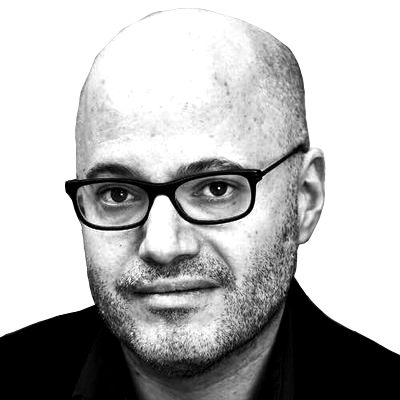“I do not think of it as writing a book. I think of it as writing a sentence,” said Philip Roth, who wrote 31 books containing many, many sentences. Well, O.K. then. I do not think of this as writing a review. I think of it as contemplating a human being, one who is more brilliant and charming and manipulative and petty than any of you, though if one of you exceeds this, we should talk.
In his 85 years, this Philip Roth character made many friends, more enemies, two ex-wives, and a voluminous catalogue of lovers—too many for a 900-page biography. He besotted and horrified readers and was a job creator for the legal profession. And so? I behold a man named Blake Bailey, a chronicler of a beautiful and filthy life that was anything but unexamined. Now vee may perhaps to begin. Yes?


